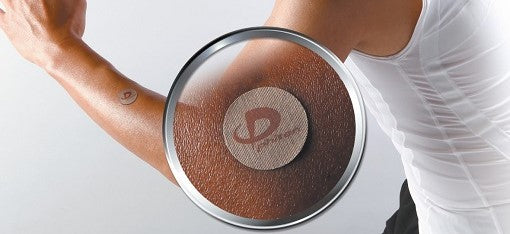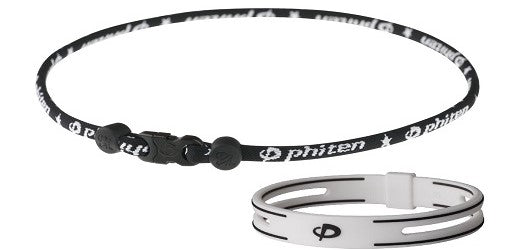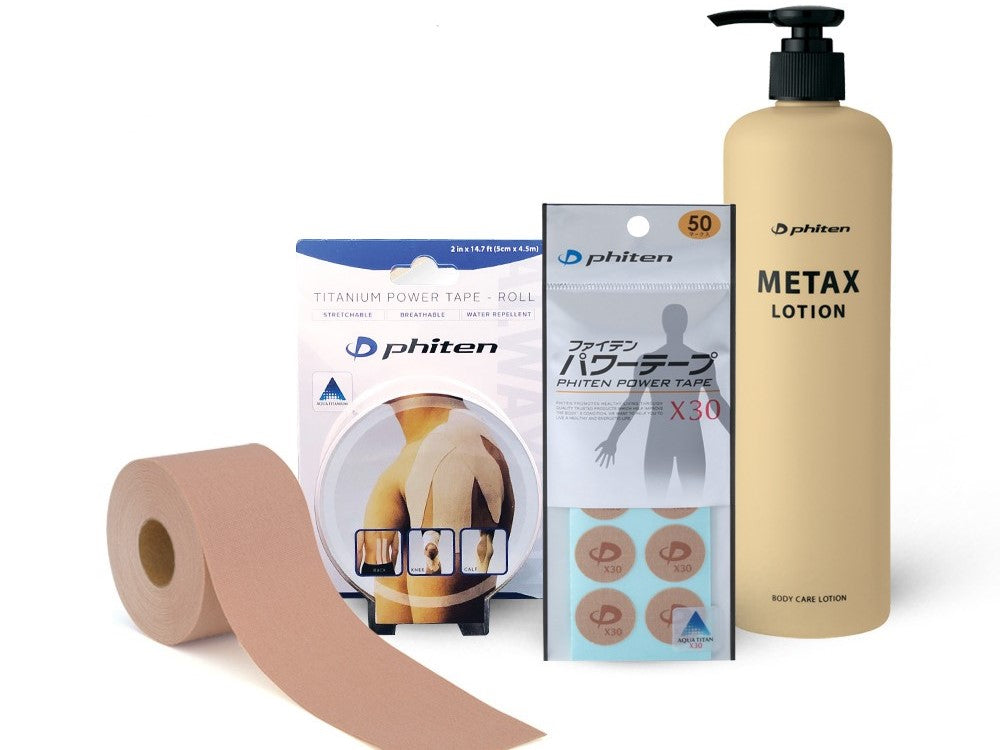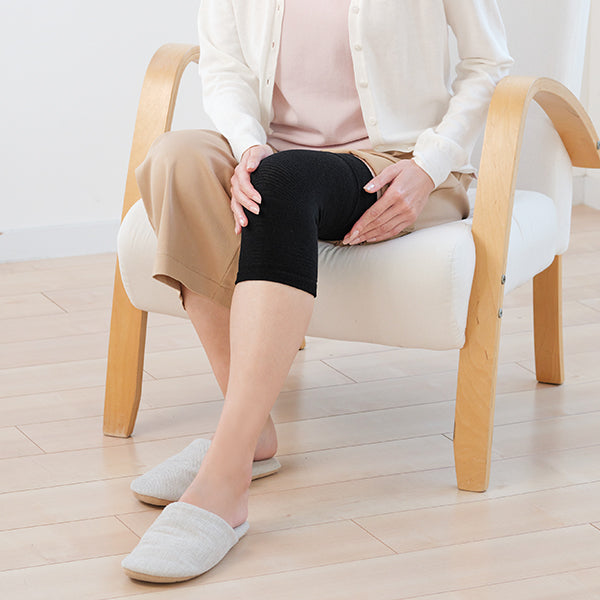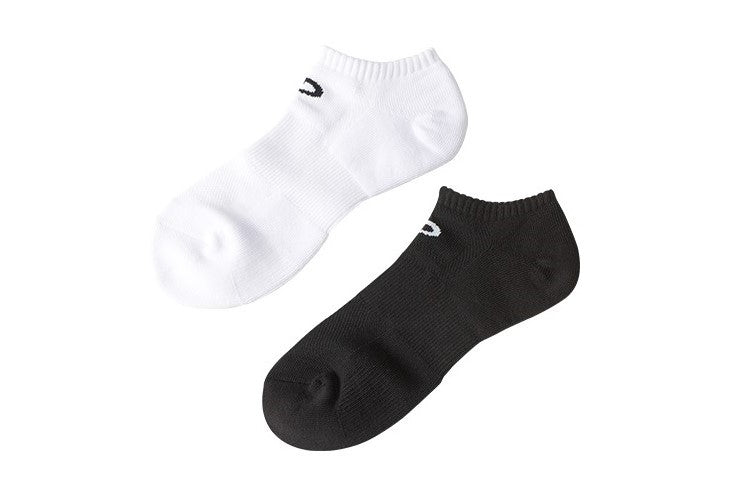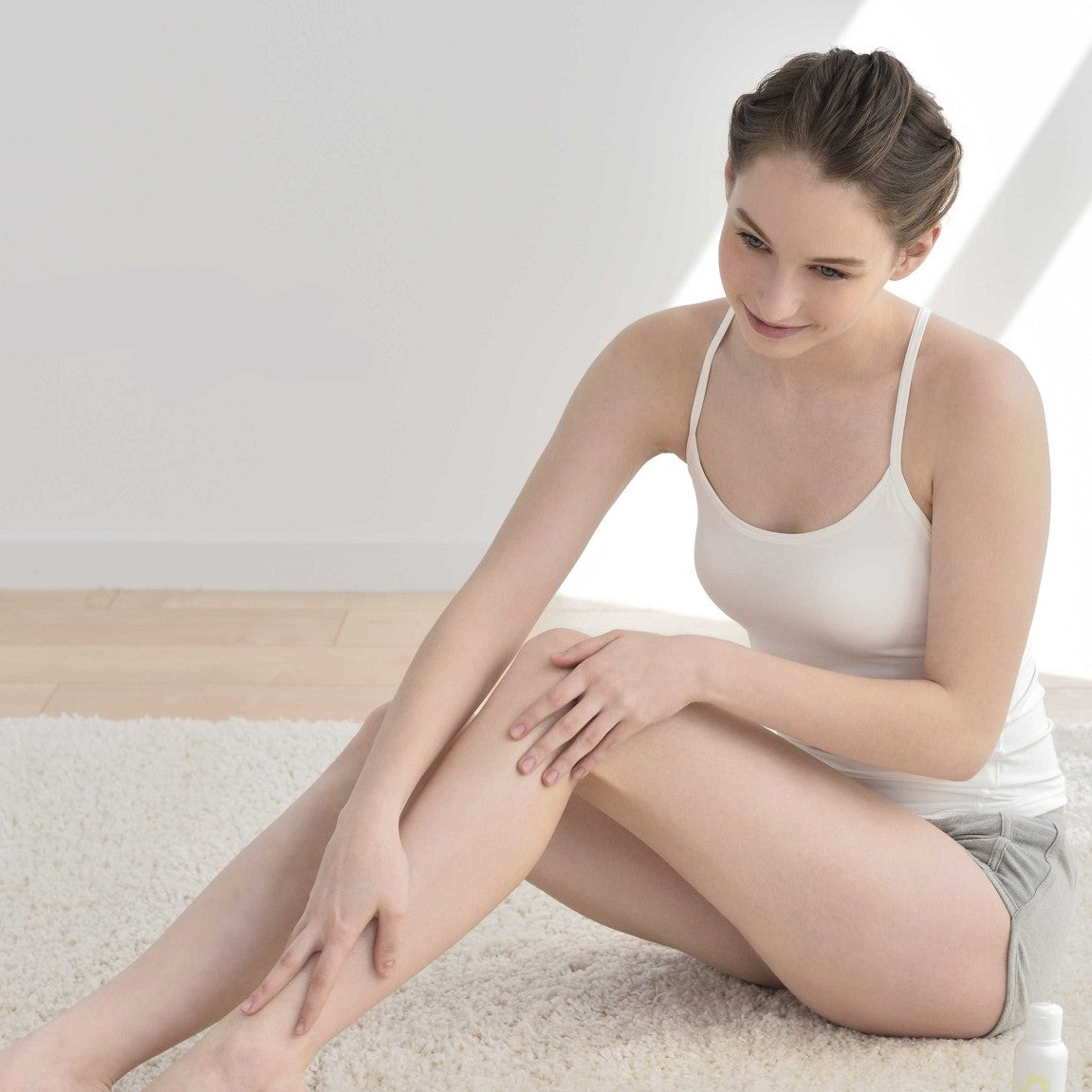THE HIDDEN CAUSE OF KNEE PAIN: UNMASKING OSTEOCHONDRITIS DISSECANS
At PHITEN, we believe in a holistic approach to health and fitness. Part of that journey is understanding the challenges and hurdles that can affect your performance and wellbeing. One condition we'd like to shed light on today is Osteochondritis Dissecans (OCD) of the knee, a less commonly known, but significant cause of knee pain.
What is Osteochondritis Dissecans (OCD)?
OCD is a joint condition that occurs when a piece of bone and the cartilage covering it begins to separate from the end of the bone due to a lack of blood supply. This can lead to the loosening and possible detachment of the fragment, causing pain, swelling, and potential instability in the joint.

Who Suffers From OCD?
Although this condition can affect anyone, it's most common in children and adolescents between the ages of 10 and 20 who are active in sports. That said, adults with prior knee injuries or those participating in high-impact sports can also be at risk.
Preventing Osteochondritis Dissecans
While the exact cause of OCD is unknown and not entirely preventable, there are measures that can be taken to reduce your risk:
1. Proper Technique: Ensure you're using correct form in your sports activities to limit unnecessary strain on your knees.
2. Regular Breaks: Rest between intensive periods of activity to allow your body to recover.
3. Protective Gear: Use protective gear during sports activities that put pressure on your knee joints.
4. Regular Exercise: Strengthening your leg muscles will provide additional support to your knee joints and reduce the risk of injury.
Symptom Checklist
Experiencing knee discomfort? Here are some signs that may indicate OCD:
□ Persistent knee pain that gets worse with activity
□ Swelling or tenderness in the knee
□ A sensation of instability or 'locking' in the knee joint
□ Decreased range of motion in the affected knee
□ Intermittent knee pain over a period of several months
Who Should Pay Attention?
Although OCD can affect anyone, the following groups should be particularly aware:
□ Young athletes who regularly participate in high-impact sports
□ Individuals with a history of knee injuries
□ Those experiencing persistent knee pain and swelling
At PHITEN, we are committed to promoting a healthy and active lifestyle. Stay tuned for more informative newsletters as we continue to explore various topics related to sports, wellness, and overall physical health.
Stay strong, stay healthy, stay active!
Disclaimer:
Please note that the information provided in this newsletter is for educational purposes only. It is not intended as a substitute for professional medical advice, diagnosis, or treatment. Always seek the advice of your physician or other qualified health providers with any questions you may have regarding a medical condition.
These statements have not been evaluated by the FDA. This product is not intended to diagnose, treat, cure or prevent any disease.
Individual results may vary significantly. Not all users will experience the intended benefits of Phiten products, and individuals must try for themselves to see whether it works for them.


